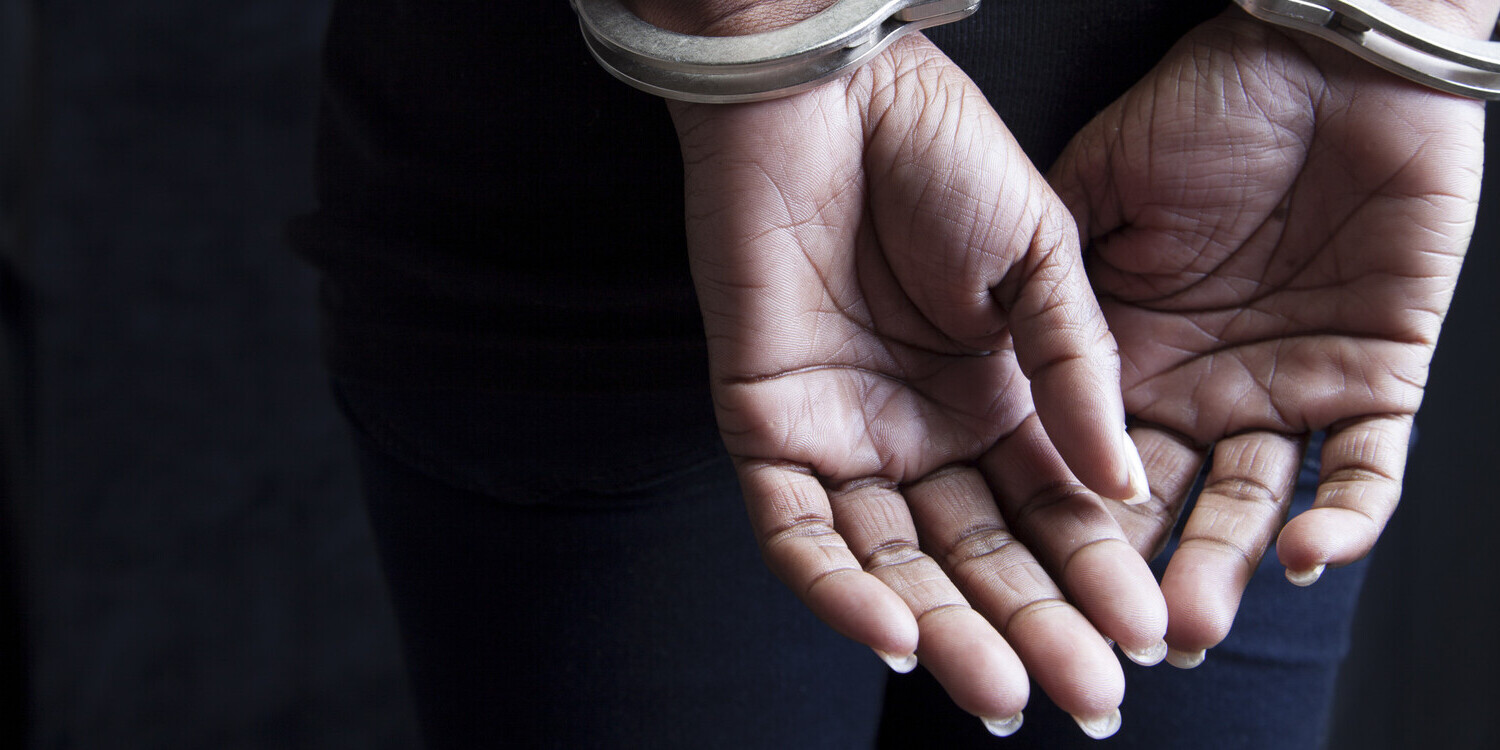
Injustice is a concept that touches every corner of society, from the playground to the courtroom. But what exactly does it mean? Injustice refers to situations where fairness and equality are ignored, leading to unfair treatment or outcomes. This can happen in various forms, such as racial discrimination, gender inequality, or economic disparity. Understanding injustice is crucial because it helps us recognize and challenge unfair systems. By learning about injustice, we can better advocate for a fairer world. Ready to dive into 20 eye-opening facts about injustice? Let's get started and uncover the truth behind this pressing issue.
What is Injustice?
Injustice refers to unfair treatment or a situation where rights are violated. It can manifest in various forms, affecting individuals and communities. Here are some intriguing facts about injustice that shed light on its many facets.
-
Historical Roots: Injustice has been present throughout history, from ancient civilizations to modern times. Societies have often struggled with issues like slavery, discrimination, and inequality.
-
Legal Systems: Not all legal systems are just. Some laws and practices can perpetuate injustice, such as discriminatory laws or biased judicial systems.
-
Economic Inequality: Economic injustice occurs when wealth and resources are distributed unevenly, leading to poverty and lack of opportunities for many.
-
Racial Discrimination: Racial injustice involves unfair treatment based on race or ethnicity. This can include systemic racism, hate crimes, and racial profiling.
-
Gender Inequality: Gender injustice refers to the unfair treatment of individuals based on their gender. This can manifest as wage gaps, lack of representation, and gender-based violence.
Injustice in the Legal System
The legal system is supposed to uphold justice, but it often falls short. Here are some facts about how injustice can be embedded within legal frameworks.
-
Wrongful Convictions: Innocent people can be convicted due to flawed evidence, biased juries, or inadequate legal representation.
-
Mandatory Sentencing: Some laws require mandatory minimum sentences, which can lead to disproportionately harsh penalties for minor offenses.
-
Bail System: The bail system can be unjust, as those who cannot afford bail remain in jail while awaiting trial, regardless of guilt or innocence.
-
Police Brutality: Law enforcement officers sometimes use excessive force, leading to injury or death, often disproportionately affecting marginalized communities.
-
Prison Conditions: In many places, prison conditions are inhumane, with overcrowding, violence, and lack of access to basic necessities.
Social and Economic Injustice
Injustice isn't limited to the legal system. It permeates various aspects of society, affecting people's daily lives and opportunities.
-
Education Disparities: Access to quality education is often unequal, with underfunded schools in low-income areas lacking resources and support.
-
Healthcare Inequality: Not everyone has access to affordable healthcare, leading to disparities in health outcomes based on income and location.
-
Employment Discrimination: People can face unfair treatment in the workplace due to race, gender, age, or disability, affecting their career prospects and earnings.
-
Housing Inequality: Discriminatory practices in housing can lead to segregation and unequal access to safe, affordable housing.
-
Environmental Injustice: Marginalized communities often bear the brunt of environmental hazards, such as pollution and lack of access to clean water.
Global Perspectives on Injustice
Injustice is a global issue, affecting countries and cultures worldwide. Here are some facts highlighting its international scope.
-
Human Trafficking: Millions of people are trafficked globally for forced labor or sexual exploitation, often with little recourse for justice.
-
Child Labor: In many parts of the world, children are forced to work in dangerous conditions, depriving them of education and a safe childhood.
-
Political Oppression: Some governments use their power to oppress dissent, restrict freedoms, and violate human rights.
-
Refugee Crisis: Millions of people are displaced due to conflict, persecution, or natural disasters, facing uncertain futures and limited support.
-
Global Poverty: Extreme poverty affects billions, with lack of access to basic needs like food, clean water, and shelter, perpetuating cycles of injustice.
Final Thoughts on Injustice
Injustice affects everyone, whether directly or indirectly. Understanding its various forms helps us recognize and combat it. From historical events to modern-day issues, injustice remains a persistent challenge. Education, awareness, and action are key to making a difference. By learning about past injustices, we can prevent them from recurring. Standing up against unfair treatment, supporting marginalized communities, and advocating for equal rights are steps we can all take. Remember, every small effort counts. Together, we can create a more just and equitable world. Keep these facts in mind, share them, and inspire others to join the fight against injustice. Change starts with awareness and grows with collective action. Let's strive for a future where justice prevails for everyone.
Was this page helpful?
Our commitment to delivering trustworthy and engaging content is at the heart of what we do. Each fact on our site is contributed by real users like you, bringing a wealth of diverse insights and information. To ensure the highest standards of accuracy and reliability, our dedicated editors meticulously review each submission. This process guarantees that the facts we share are not only fascinating but also credible. Trust in our commitment to quality and authenticity as you explore and learn with us.


